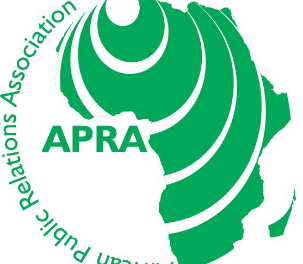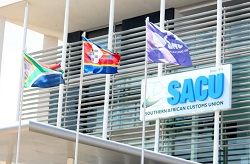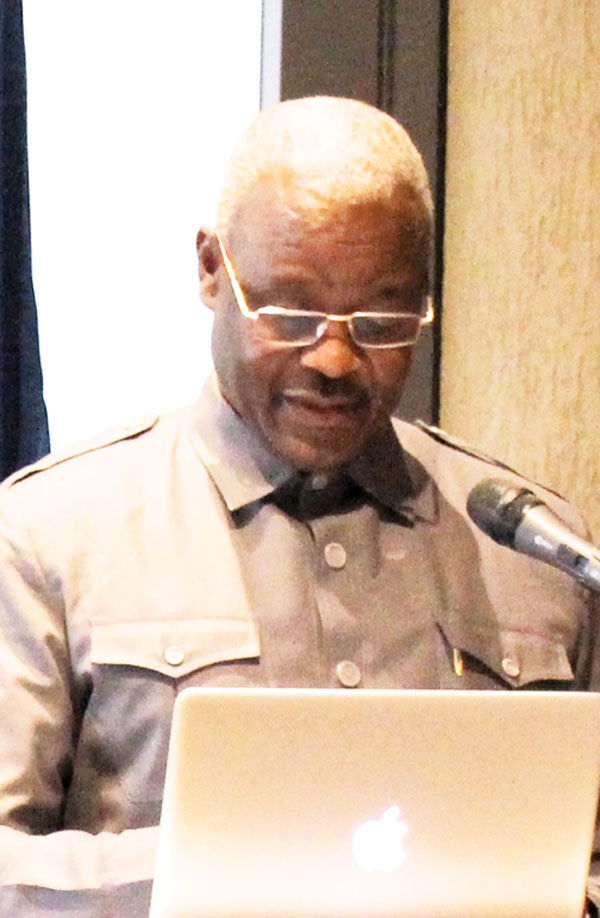
Wi-fi set to elevate business connectivity on the go

Michael Fletcher, Sales Director sub-Saharan Africa at Ruckus Wireless. Fletcher brings with him over 23 years of entrepreneurial experience in the IT Sector – establishing new businesses, penetrating new markets, managing sales teams and leading business development in Africa. Prior to this role, Fletcher was the Regional Sales Director: Africa for Motorola (Wireless). Before that he worked for Workz as the Business Development Manager for Africa and as a Senior Account Manager for MEA at Belkin Ltd.
According to the experts, wi-fi remains the most effective way to provide internet services to most of the population. “Wi-fi is a far more cost-effective and easier-to-deploy medium of broadband than the Global System for Mobile Communications (GSM) or license-based options. So deploying wi-fi into Namibia can provide a better user experience to mobile internet users at far lower cost than with GSM,” said Fletcher. In his opinion, despite the fact that GSM has managed to reach all corners in Africa, wi-fi still remains the cheaper option. “With wi-fi there is no spectrum requirement from the regulators, which means it’s much quicker and, of course, cheaper to deploy networks. 3G Offload, which has gained momentum quite rapidly recently, now allows carriers to push their users to wi-fi for data and use GSM for voice. So in an area where there is a supply issue with GSM data, carriers can simply deploy as many access points as they need and provide great service to their customers. “
Fletcher said, as much as wi-fi is the underlying solution, strides are constantly being made to ensure that wi-fi is provided in an effective way. He mentions a new technology which is being integrated by most internet providers which may soon become imperative, “Hotspot 2.0 is to wi-fi what roaming is to GSM. “With a cellphone, when you arrive in a new country, you turn on your phone and the phone finds the provider with whom your home carrier has a roaming agreement and logs on for you. Hotspot 2.0 has the potential to do all that and more.”
Explaining the practical limitation of current connectivity services, Fletcher asked: “Ever changed hotspots at an airport? Select SSID, hope captive portal loads, if it doesn’t, load Google and then search, then give your input login details. And when you change hotspots you do it all over again”
“Hotspot 2.0 has that covered by providing a seamless user experience akin to GSM, except using wi-fi. All that’s really needed at this point is for the carriers to set up the roaming agreements with existing enterprise. Samsung has done that with their new GALAXY S4 smartphone, and Apple just announced support for Hotspot 2.0 in their upcoming new tablets and smartphones at their Worldwide Developers Conference.”
In conclusion Fletcher believes that this advancement in technology will be imperative for future advancements. “As I mentioned, the adoption of Hotspot 2.0 will continue to strengthen wi-fi’s hand as a compelling solution for handling the tremendous surge in data demand driven by the non-stop growth of mobile devices worldwide. Wi-fi is poised to become the third RAN for mobile network operators.”











































